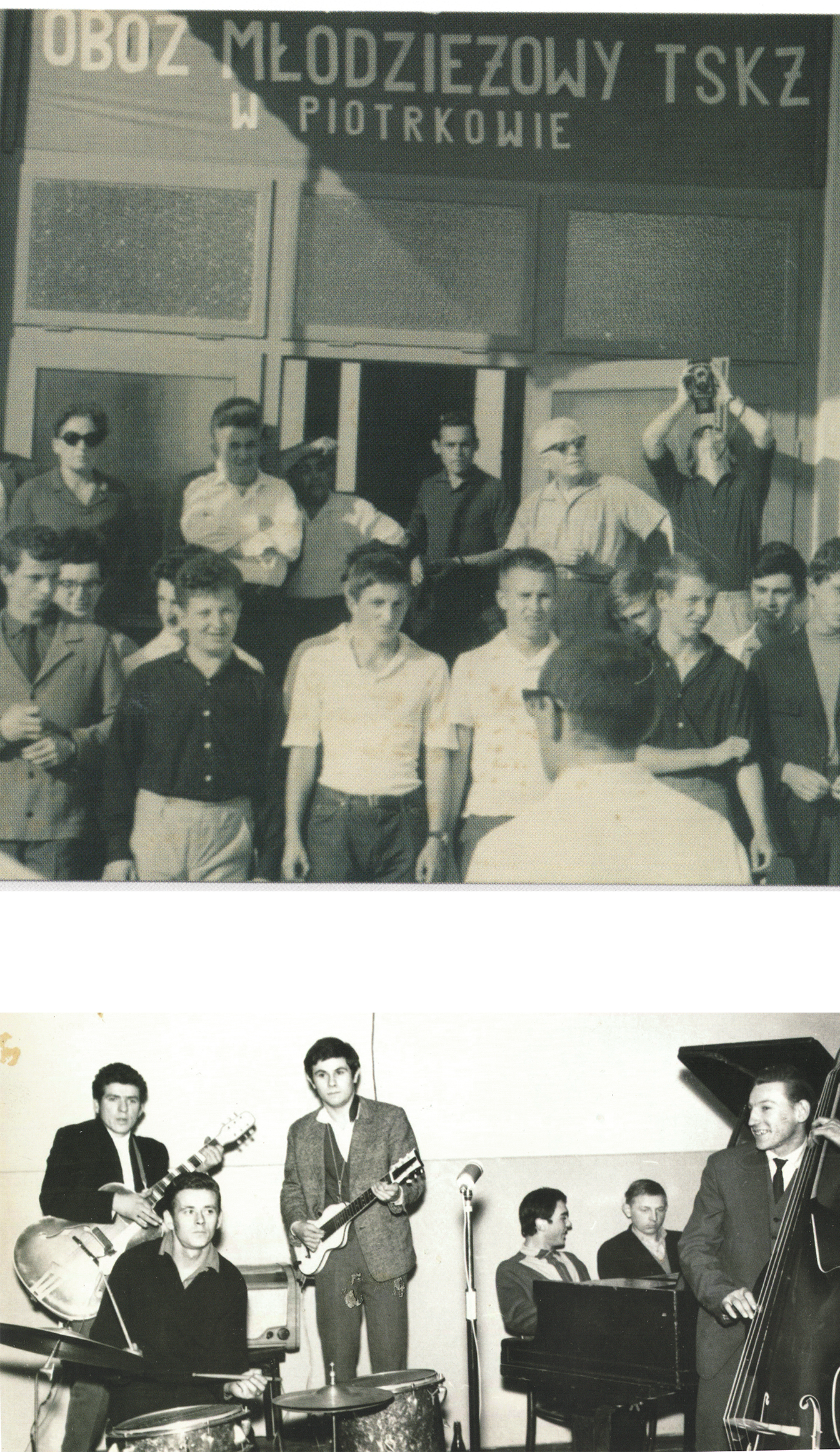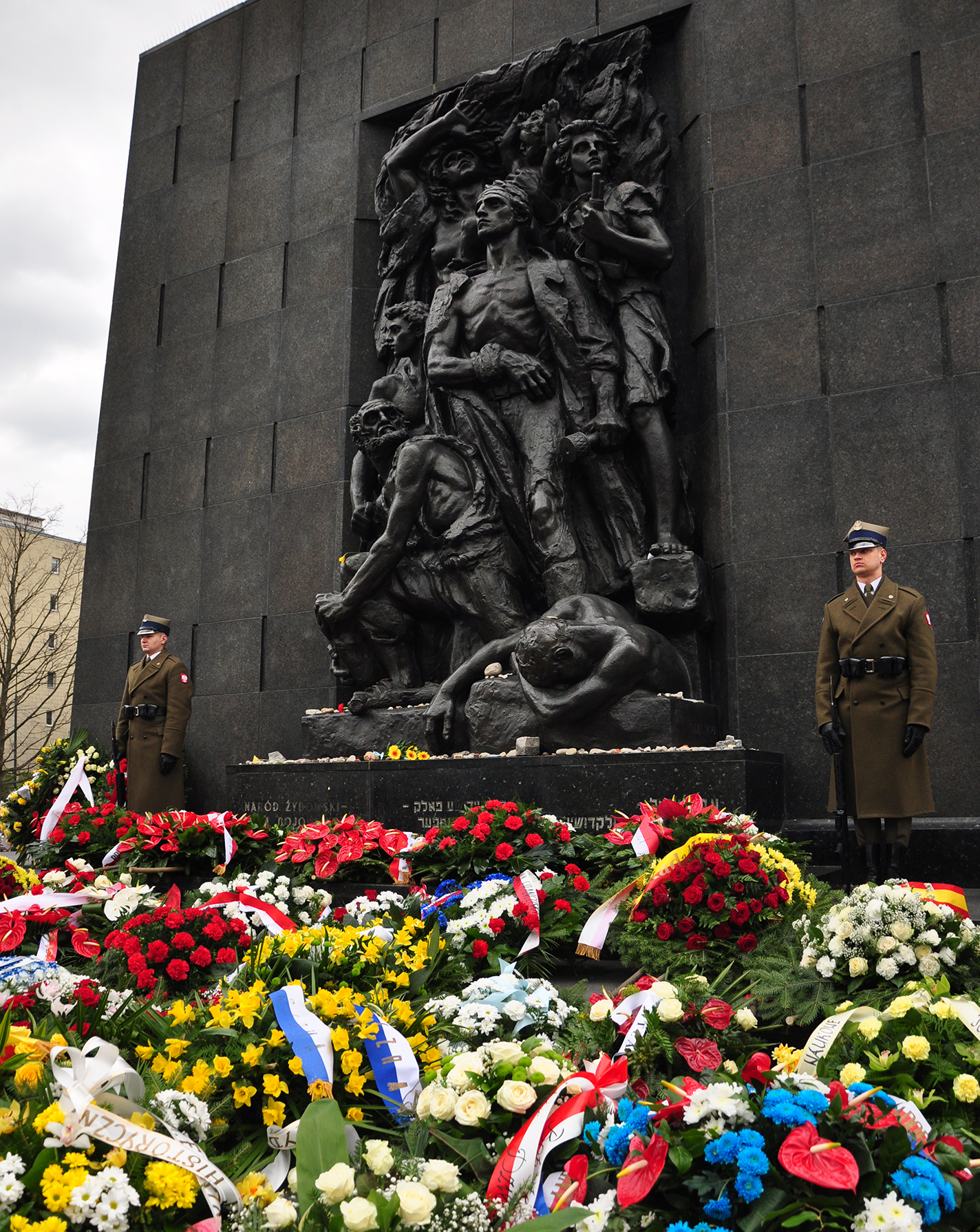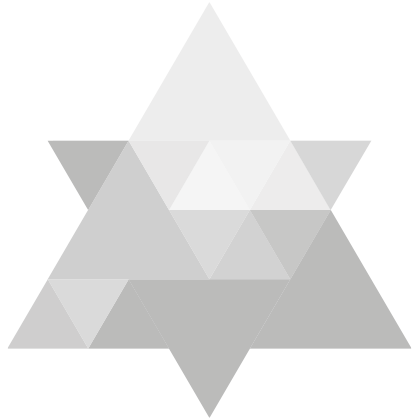One of the TSKZ’s priorities was preservation of the Jewish cultural heritage and the Yiddish language. This objective was accomplished by publishing books, newspapers, and commemorating the major Jewish cultural figures. Bernard Mark, a Jewish activist, aware of the phenomenon of the cultural assimilation of the Jewish youth once said: “Young people do not have to speak Yiddish – yet, they should have a proper attitude towards it”. The Yiddish language was obviously spoken at Jewish theatres linked to the TSKZ, both professional and amateur ones, as well as at libraries, and readers’ clubs.
The TSKZ continued the mission initiated by the Central Committee of Jews in Poland which supported the survivors of the Holocaust trying to trace down their lost relatives. Interpersonal contacts established at that time had a great role in consolidating the Jewish community. Many Jews visited the TSKZ’s clubs not only on special occasions, but also on a daily basis. Each TSKZ member surely recollects people gathering together at local clubs to play cards, chess, dominoes, or just chat about their everyday problems. These chats and gatherings have soon turned into a special ritual. Apart from full-fledged members, club visitors also included non-associated Jews and their Polish friends.




